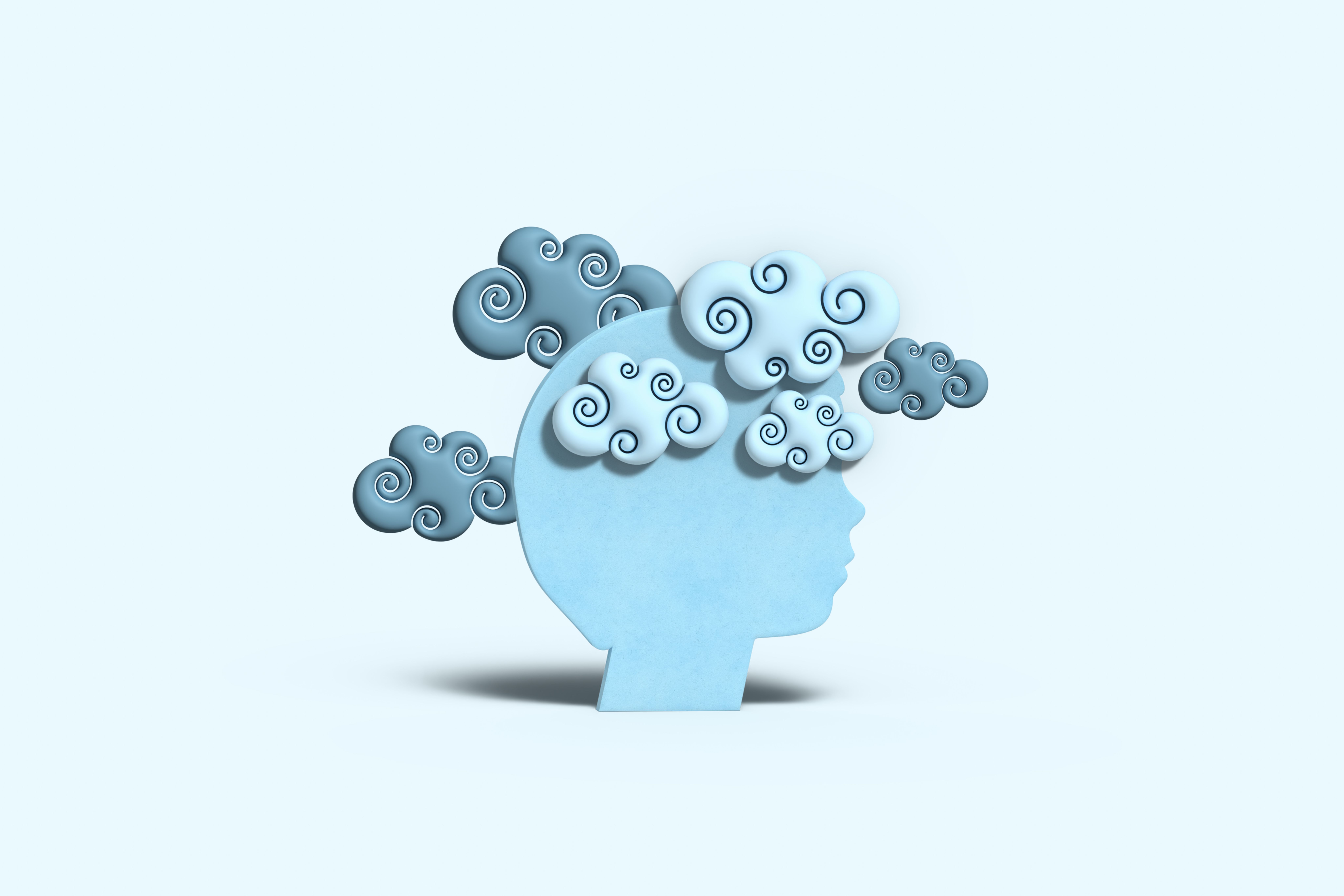
Alto Neuroscience’s part 2 investigational oral H3 receptor blocker, ALTO-203, did not considerably enhance temper in contributors with main depressive dysfunction (MDD), lacking its main efficacy endpoint.1-3
The part 2 trial enrolled 69 contributors with MDD and elevated ranges of anhedonia. Of those 69, 63 sufferers accomplished the primary a part of the research, which assessed the impact of single 25 µg or 75 µg doses of ALTO-203 on a measure of alertness and temper. The research’s main final result was the change in optimistic emotion as measured by the Bond-Lader Visible Analog Scale (BL-VAS). Sufferers within the multi-dose a part of the trial took ALTO-203 as soon as each day for 28 days. In the course of the multi-dose a part of the trial, investigators noticed a imply placebo-adjusted enchancment on the Montgomery-Åsberg Melancholy Ranking Scale (MADRS) of two factors at week 3 and 0.9 factors at week 4. Roughly 5 hours after a single dose of ALTO-203, contributors reported important enhancements in alertness and temper; nevertheless, ALTO-203 did not statistically separate itself from placebo.
Whereas the trial missed the endpoint, investigators reported important modifications in an EEG marker, the theta/beta ratio. This has been flagged as a approach to determine people who would possibly reply to therapy: sufferers with extra irregular theta/beta ratios at baseline had the most important enhancements in consideration.
“We purpose to leverage goal biomarkers to allow focused neuropsychiatric drug improvement in order that sufferers can get higher, quicker,” stated Amit Etkin, MD, PhD, the founder and CEO of Alto Neuroscience. “On this exploratory trial, we recognized a strong biomarker for ALTO-203, EEG high-theta/beta ratio, which is a well-validated measure of irregular cortical arousal and poor attentional management. Notably, this biomarker is FDA-cleared to be used alongside medical analysis within the analysis of ADHD, reinforcing its medical relevance. These optimistic outcomes replicate findings from an ALTO-203 part 1 research and improve our understanding of the affected person subtypes most certainly to profit from the drug, additional strengthening the inspiration of our precision psychiatry strategy. We imagine our platform has the potential to allow data-driven indication choice and trial design early in improvement—accelerating the trail to more practical, personalised therapy.”1
Etkin had additionally mentioned what Alto hoped to see within the outcomes at a previous occasion: “What we hope for is a few clear sign that helps you information learn how to develop it. Clearly, statistical significance is a crucial lower level there, but additionally is that sign much like what we have now seen in wholesome people? Does that sign assist inform you what sort of medical populations to develop it, be it in melancholy the place it’s now or anyplace else?”2
“We’re inspired by the optimistic pharmacodynamic exercise noticed within the research, which aligns with the proposed mechanism of ALTO-203. The wake-promoting and pro-cognitive results demonstrated, counsel clear potential for ALTO-203 to be a significant therapy throughout varied neuropsychiatric situations wherein sleep and a focus are considerably impaired,” stated Adam Savitz, MD, PhD, the chief medical officer of Alto Neuroscience, regardless of the general unfavorable final result.1
References
1. Alto Neuroscience identifies biomarker and reviews optimistic pharmacodynamic outcomes from exploratory part 2 proof-of-concept trial of ALTO-203. Information launch. June 26, 2025. Accessed June 27, 2025. https://buyers.altoneuroscience.com/information/news-details/2025/Alto-Neuroscience-Identifies-Biomarker-and-Stories-Constructive-Pharmacodynamic-Outcomes-from-Exploratory-Section-2-Proof-of-Idea-Trial-of-ALTO-203/default.aspx
2. Taylor NP. Alto misses main efficacy endpoint in part 2 melancholy trial. Fierce Biotech. June 26, 2025. Accessed June 27, 2025. https://www.fiercebiotech.com/biotech/alto-misses-primary-efficacy-endpoint-phase-2-depression-trial-sings-cheerful-tune-anyway
3. Manalac T. Alto digs into exploratory outcomes as melancholy drug misses part II endpoint. Biospace. June 27, 2025. Accessed June 27, 2025. https://www.biospace.com/drug-development/alto-digs-into-exploratory-outcomes-as-depression-drug-misses-phase-ii-endpoint